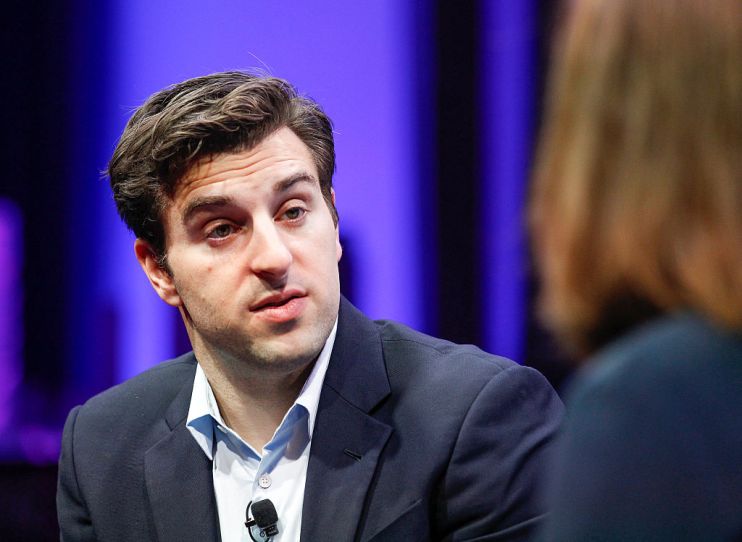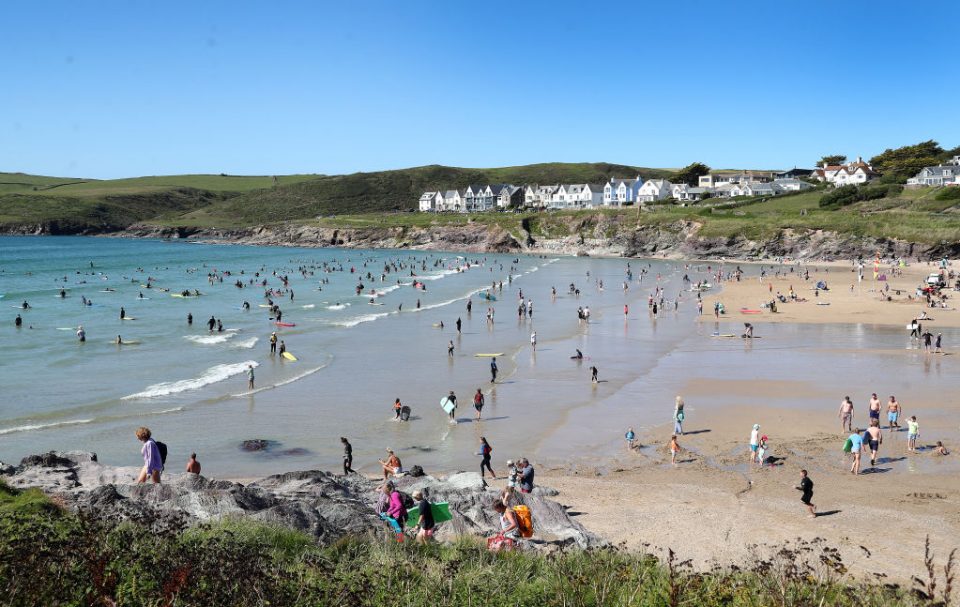Airbnb boss banks on long-term shift to remote working

Airbnb is “not just a travel company anymore”, boss Brian Chesky has said, as he threw his weight behind a long-term shift to home working.
The rental booking chief has unveiled a string of changes to the platform aimed at capitalising on new travel habits in the post-pandemic age.
Chesky said Covid-19 had sparked the “most profound change in travel since the airplane” as people became “less tethered and more flexible”.
“People can travel anytime, they are travelling to more places and they are staying longer,” he said.
“The lines between travel, living and working are blurring and we are upgrading our service to make it easier for people to integrate travel into their lives, and for more people to become hosts.”
The platform has seen a significant shift in booking habits since the outbreak of Covid, with users opting for longer lets in large houses, often in rural areas.
Cornwall is now the most-booked location in the UK – a title previously held by London.
The comments came as Airbnb unveiled more than 100 changes and updates to its platform in a bid to adapt to new lifestyles after the pandemic.
The holiday booking firm saw its revenue drop by almost a third last year as repeated lockdowns and travel restrictions hammered its business.
But the rollout of vaccinations drove up bookings in the first quarter, and the platform is now pinning its hopes on a sharp rebound this summer.

The new updates include new flexible dates and flexible destination booking options, clearer cancellation policies and a simplified sign-up process for hosts.
The changes are aimed at making it easier for people to book trips in the era of remote working.
“At this point, 24 per cent of our business is really living—we’re not just a travel company anymore,” Chesky said.
“You used to have to be wealthy to live somewhere else for the summer, but people can defer the costs now by renting [their primary home] on Airbnb when they’re gone — it could even become a cash-neutral possibility now.”
The Airbnb boss also argued that businesses would increasingly shift to more flexible working models as a generation of “young, digitally native managers” comes through.
But he also predicted an era of “business travel 2.0”, where fully remote companies would return to central offices for key events.